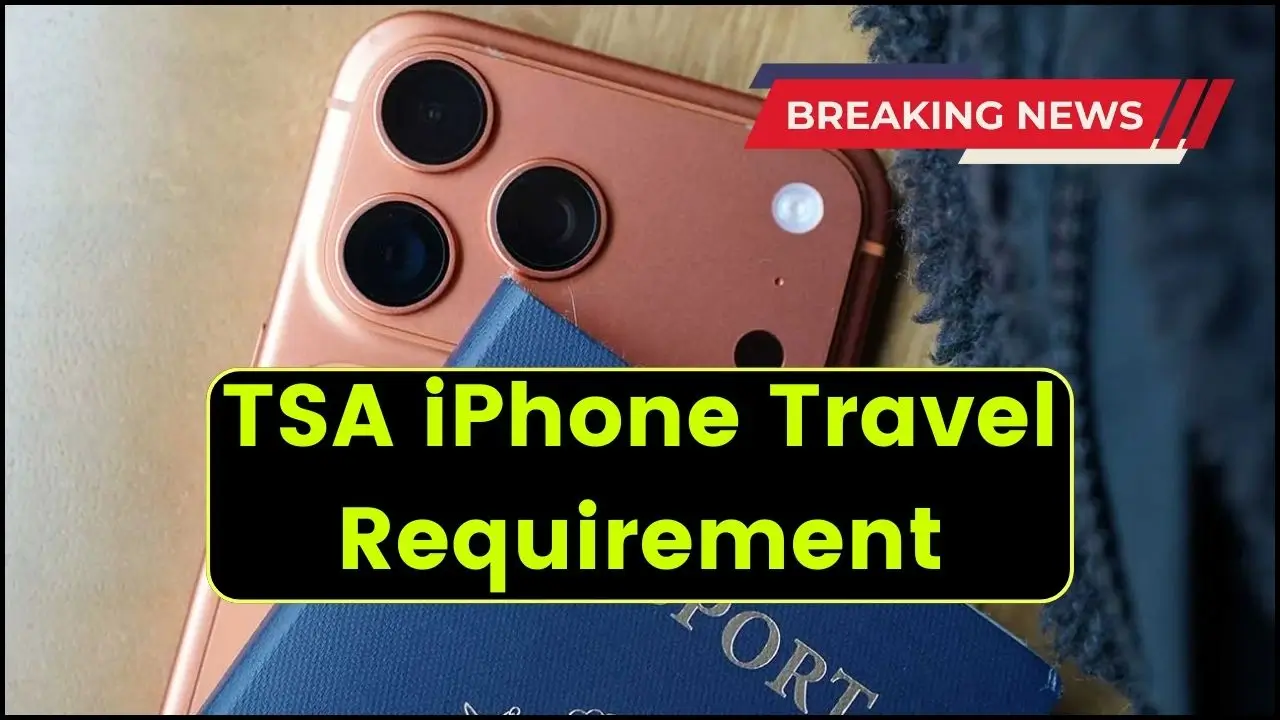Are you looking to kickstart a career in international affairs, global policy, or national security? The Atlantic Council Internships 2025 offer an unparalleled opportunity to gain hands-on experience at a leading think tank, shaping global conversations and solutions. This isn’t just an internship; it’s a launchpad for the next generation of global leaders, designed to immerse you in high-impact work and connect you with some of the most influential minds in the field.
Why Atlantic Council Internships Stand Out
The Atlantic Council, a non-partisan organization founded to promote cooperation between North America and Europe, is at the forefront of addressing critical global challenges. Their mission is to “shape the global future together” by informing and galvanizing a network of global leaders. For aspiring professionals, this translates into an internship experience that is both intellectually stimulating and deeply practical.

The Atlantic Council Internship Programs: What to Expect
The Atlantic Council offers several internship cohorts throughout the year, primarily through its Young Global Professionals (YGP) Program and dedicated summer internships. These programs provide in-depth exposure to international affairs and global policy work across the Council’s various programs and centers.
Young Global Professionals (YGP) Program
The YGP program is a flagship initiative, designed as a career accelerator for driven, diverse, high-performing young professionals. It offers two cohorts annually:
- Spring Cohort: Typically runs from January to May. Applications for the Spring 2025 cohort often close around November of the preceding year (e.g., November 2024 for Spring 2025).
- Fall Cohort: Usually runs from August to December. Applications for the Fall 2025 cohort generally open around May and close in early June (e.g., May 2025 opening, June 8, 2025 deadline for Fall 2025).
Summer Internships
In addition to the YGP program, dedicated summer internships are also offered. For Summer 2025, applications opened in late February 2025 and closed in early March 2025. These are typically 10-week programs, while YGP cohorts are 19 weeks. Both can be part-time or full-time (around 30-40 hours per week), with flexibility to accommodate academic schedules.
What Interns Do
As an Atlantic Council intern, you’ll become a valuable member of the team, contributing to real-world solutions. Responsibilities often include:
- Research: Conducting in-depth research to support policy briefs, reports, and ongoing initiatives.
- Event Support: Assisting with the logistical elements of high-profile public and private events, including note-taking, preparing speaker memos, and managing participant lists.
- Communications: Helping to draft newsletters, prepare social media content for platforms like Twitter/X and LinkedIn, and amplify the Council’s work across various channels.
- Publication Assistance: Contributing to the writing and editing process for various Council publications, from “Fast Thinking” insights to comprehensive issue briefs.
- Administrative Support: Providing general administrative assistance to ensure smooth program operations.
Eligibility and Requirements for Atlantic Council Internships 2025
The Atlantic Council seeks individuals with a genuine passion for learning and contributing to its mission. Here’s what you generally need to be eligible:
- Academic Status: Applicants must be at least college juniors in good standing, graduate students, or recent graduates. While majors in international affairs/relations, security studies, public policy, economics, journalism, communications, or related fields are preferred, strong candidates from diverse academic backgrounds are encouraged to apply.
- Skills: Exceptional writing, research, and communication skills (both verbal and written) are highly valued. Strong analytical, planning, time management, and organizational skills are essential. Digital skills, including data visualization, can also be a significant advantage.
- Interest: A demonstrated interest in international affairs, global policy, or a related field, often evidenced through coursework or previous experience, is strongly preferred.
- Mindset: The Council looks for individuals with a solutions-oriented, entrepreneurial, innovative, and collaborative spirit.
- International Applicants: International students are eligible if they are authorized to work in the United States, typically through Curricular Practical Training (CPT) or Optional Practical Training (OPT) as part of their student visa. The Atlantic Council does not directly sponsor visas for interns. Interns must be physically present in the U.S. for the entire internship duration, even for remote positions.

Benefits of Interning at the Atlantic Council
Beyond gaining invaluable work experience, an Atlantic Council internship offers a wealth of benefits that can significantly boost your career trajectory. In my experience advising students, one common hurdle for many aspiring professionals is a lack of practical exposure to the policy world; these internships directly address that.
- Paid Experience: The Atlantic Council’s Young Global Professionals Program is a paid internship, offering compensation at a competitive hourly rate (e.g., $17.75 per hour as of recent data). This commitment to paid internships reflects the Council’s dedication to attracting and supporting diverse talent.
- Direct Engagement with Experts: You’ll have the opportunity to engage with leading strategists, government officials, business leaders, tech entrepreneurs, and military commanders. This unparalleled access provides insights you simply can’t get from a textbook.
- Career Accelerator: The program is specifically designed to enhance the skills required for a successful transition into the workforce and to launch global careers. Many former interns have gone on to hold positions or pursue graduate degrees at leading public policy institutions and government agencies.
- Publication Opportunities: Interns are often given opportunities to contribute to and even publish policy briefs, blog posts, or event recaps, which can be crucial for building a professional portfolio. I’ve seen many successful applicants focus on showcasing their writing samples, and these opportunities provide excellent material.
- Networking: The Council is a hub for informal get-togethers of leaders from both sides of the Atlantic, offering interns a unique chance to build valuable professional networks.
- Diverse Programs and Centers: Interns are placed within one of the Council’s 16 dynamic programs or centers, covering a wide range of international affairs topics. These include:
- Scowcroft Center for Strategy and Security
- Global Energy Center
- Europe Center
- Adrienne Arsht Latin America Center
- Middle East Programs
- GeoEconomics Center
- Digital Forensic Research Lab
- And many more!
Navigating the Application Process for Atlantic Council Internships 2025
Applying for an Atlantic Council internship requires careful attention to detail and a strong presentation of your qualifications.
Key Application Components
- Online Application: All applications are accepted exclusively through the Atlantic Council’s applicant tracking system on their official careers page. Email or direct mail submissions will not be considered.
- Resume/CV: Tailor your resume to highlight relevant experiences, skills, and coursework. Emphasize any achievements related to research, writing, event coordination, or international affairs.
- Cover Letter: This is your chance to shine! Clearly articulate why you are interested in the Atlantic Council, which specific program or center aligns with your interests, and how your skills and experience make you an ideal candidate. Be specific and demonstrate your understanding of the Council’s mission.
- Writing Sample: A strong writing sample is often a critical component. Choose a piece that showcases your analytical and writing abilities, preferably on a topic related to international affairs.
- Academic Transcripts: Be prepared to submit your academic records.

Important Dates and Deadlines
Deadlines are firm, and late applications are not accepted. It’s crucial to bookmark the Atlantic Council’s internships page and check it frequently for updates. As an example, for the Fall 2025 Young Global Professionals program, the application deadline was generally around June 8, 2025. Offers and decline emails are typically sent out a few weeks after the application closes.
Tips for a Successful Application
- Tailor Your Application: Do not send a generic application. Research the specific program or center you are applying to and align your cover letter and resume with their work.
- Highlight Relevant Experience: Even if your experience isn’t directly in international policy, think about transferable skills. Have you done extensive research for a project? Organized events for a club? Managed social media for an organization? These are all valuable.
- Polish Your Writing Sample: This is often the most important factor in distinguishing candidates. Ensure your writing sample is well-researched, clearly argued, and free of errors.
- Proofread Meticulously: A careless error can quickly derail an otherwise strong application. Have someone else review your materials before submission.
- Be Patient: Due to the high volume of applications, individual status updates are generally not provided. Only selected candidates will be contacted.
Good News! METI Japan Fully-funded Internships 2025 Finally Accepting Applications
The Philips ACCA Internship in Finance and Accounting 2025 Intake
FAQ
Q1: Are Atlantic Council internships paid?
A: Yes, the Atlantic Council’s Young Global Professionals (YGP) Program is a paid internship, offering competitive hourly compensation.
Q2: Can international students apply for Atlantic Council internships?
A: Yes, international students are eligible to apply if they are authorized to work in the United States (e.g., through CPT or OPT). The Atlantic Council does not sponsor visas for interns.
Q3: How long do Atlantic Council internships last?
A: The Young Global Professionals (YGP) program typically lasts 19 weeks, while summer internships generally run for 10 weeks. Both can be part-time or full-time.
Q4: What kind of work do Atlantic Council interns do?
A: Interns engage in a variety of tasks including research, event support, communications, and assisting with publications across the Council’s numerous programs and centers.






